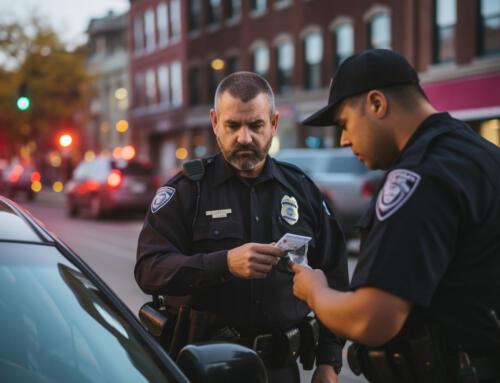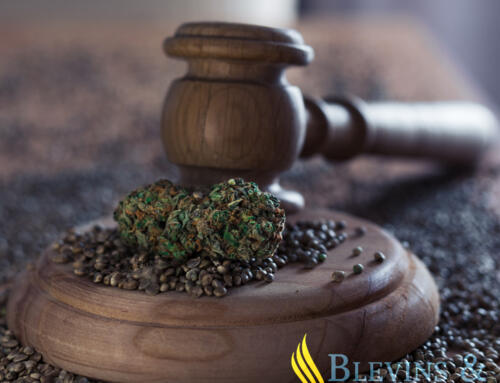What is Probation?
Let’s first get an understanding of what probation is. How does it differ from parole or a suspended sentence? Probation and a suspended sentence are somewhat similar in that they both follow a conviction on criminal charges but do not involve incarceration. Parole is quite different; this is the early release from a prison sentence where prison time has been served.
In many countries, probation is used as a punitive measure for less serious crimes to ease the pressure on overloaded correctional facilities. In the US it is frequently applied for misdemeanor or lesser felony convictions. Although incarceration is not enforced, it does, nevertheless, lead to a criminal record.
Probation carries a variety of conditions that the convicted person must comply with.
Probation conditions
In Georgia, there is a set of general conditions that would usually be imposed as a rule.
- Regular reporting to a court appointed probation officer. This would also extend to permitting visits by the probation supervisor to the probationer’s home or place of work.
- Remaining within a particular area and not leaving the city or state without the consent of the probation officer.
- Refraining from any actions that would cause injury or any type of harm to others.
- Wherever possible, maintain stable employment.
- Avoid contact with people of dubious character or visiting places that are not generally considered reputable.
- Inform the probation supervisor of any change of address or employer.
- A large proportion of sentences will include some community service.
In specific cases, depending on the nature of the offence, the court may impose further, specific conditions.
These would, typically include:
- Paying compensation or making reparations and restitution for any damages or expenses incurred by victims. The nature and amount of compensation will be determined by the court.
- Compensating the local council or state for any medial expenses incurred while the offender may have been incarcerated during trial proceedings.
- Submitting to evaluations and attending rehabilitation courses,
- Paying punitive damages to an aggrieved party or to the authorities.
- This is not an exhaustive list. Case specific conditions may also be imposed. For example, in a case where the victim is a minor, the following conditions are likely to be imposed.
- A restraining order under which the offender would be banned from being within a certain distance of a victim’s home, school or place of work.
- Having to wear a tracking device that locates the offender by means of geographic positioning satellites at any time of the day.
- Submitting to periodic and unannounced reviews of all electronic communications and data stored on any device that can be connected to the internet.
Types of probation violations
Violations of probation conditions fall under three main categories.
- Substantive violations. This is where a convicted offender who is on probation commits another separate crime. This is viewed in a very serious light. It would almost certainly lead to incarceration for the remainder of the probation period as well as whatever sanction is handed down for the new offence.
- Special conditions violation. Here, the probationer has failed to comply with case specific conditions such as a restraining order or not attending a rehabilitation program.
- Technical Violation. This category covers non-compliance with the general probation conditions such as paying compensation or a fine
What happens when you commit a violation?
Violations can be triggered in many ways. Obviously, non-compliance with any conditions that requires specific evidential action would come to light when the action is not executed. Other types of violations may be suspected by a probation supervisor during an inspection. Lastly, some may be reported by a member of the public.
Generally, if you commit any violation, you should expect an arrest warrant to be issued. You would then be required to appear in court. The court will examine the facts and available evidence and determine whether there was, indeed, a violation. If the court deems a violation to have occurred, additional sanctions will be applied.
These sanctions could be any number of the following things:
- Incarceration for the remainder of the original sentence
- An additional term of incarceration it the violation was, in itself, a crime
- Additional community service
- Additional special conditions
The additional penalties will depend on the nature and severity of the violation.







